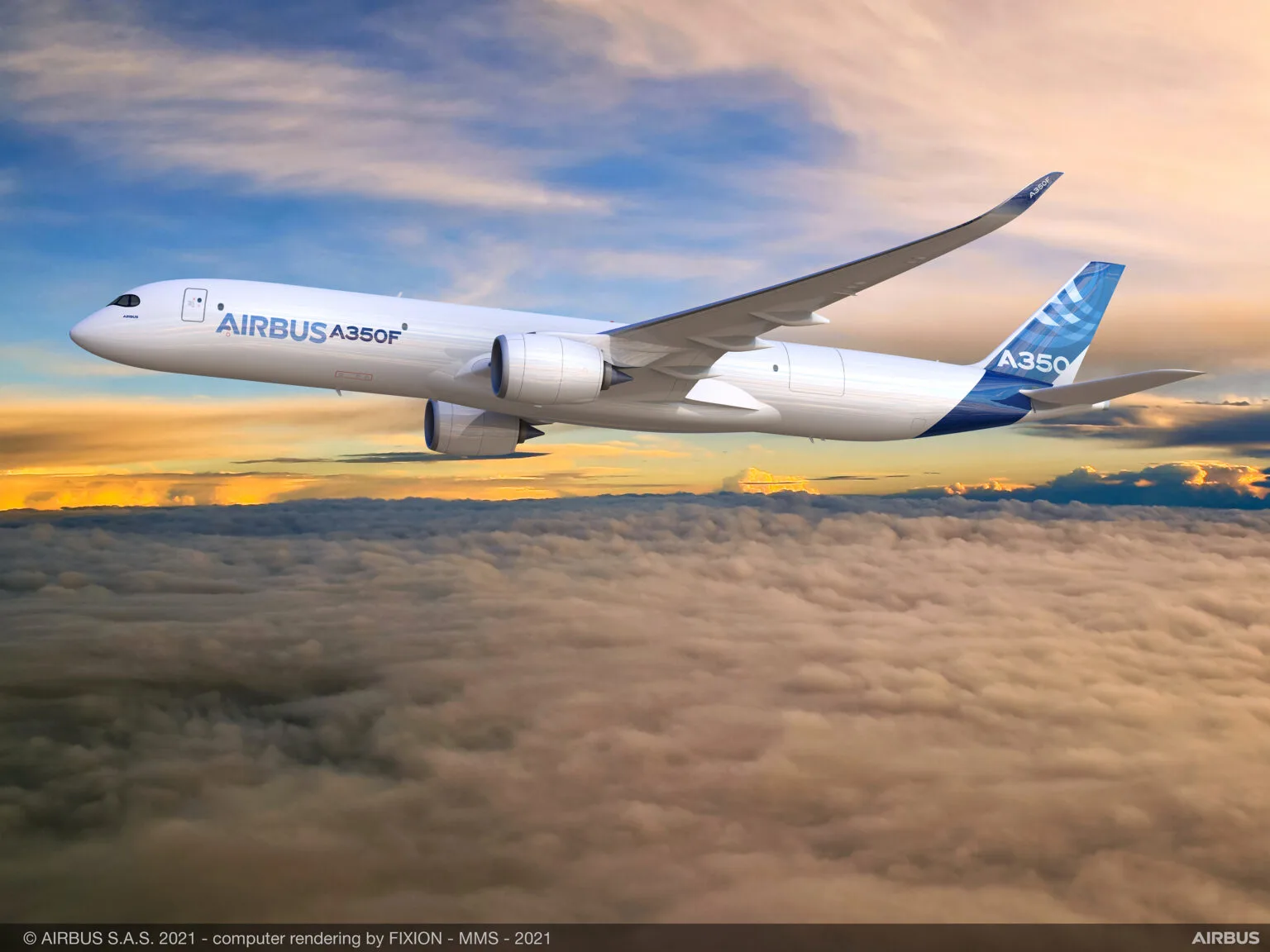Decarbonizing the Air Cargo Sector
The race to reduce carbon emissions in air cargo isn’t a far-off aspiration anymore. With pressing demands for immediate action, industry players are focusing on innovative solutions and next-generation aircraft. Airbus has unveiled its latest offering, the A350 freighter, as a pivotal advancement aimed at significantly lowering the industry’s environmental footprint.
Key Features of the A350 Freighter
The A350 freighter stands out with a remarkable 40 percent reduction in fuel consumption per ton compared to earlier models such as the 747-400 freighter. This breakthrough underscores Airbus’s commitment to sustainability within the cargo transportation sector.
According to Thomas Burger, the marketing director for environment and sustainability at Airbus, the A350 freighter plays a crucial role in achieving the ambitious goal of decarbonizing air transport. He emphasizes that while revolutionary technologies like hydrogen propulsion are on the horizon, the immediate strategy lies in replacing older aircraft models with newer, more efficient options.
Immediate Benefits
Notably, the immediate return on investing in the A350F is its ability to facilitate a substantial decrease in carbon dioxide emissions. As Burger highlights, “Replacing aging fleet vehicles with the A350 is the most practical tactic for achieving large-scale emission reductions.”
Future Innovations and Sustainable Aviation Fuel
Airbus’s strategy encompasses not only launching new aircraft but also investing in disruptive technologies for the future. The company is actively pursuing advanced features like an enhanced wingspan designed to optimize aerodynamic efficiency.
Moreover, as sustainable aviation fuel (SAF) positions itself as the leading short-term solution to reducing emissions, Airbus has initiated efforts to integrate it into operations. Burger notes, “Our freighters can operate on a 50 percent SAF blend, and we’re working towards 100 percent use by 2030.” This dedication reflects a broader industry movement to upscale SAF production to meet increased demand.
Challenges and Industry Collaboration
However, the advancement towards sustainable aviation faces hurdles. Burger candidly acknowledges limitations in SAF supply, highlighting the challenges in obtaining high-quality SAF needed for fleet operations. Through its operations, Airbus is joining forces with airlines and regulatory bodies to ensure SAF production aligns with market demands.
Using the BelugaXL aircraft for SAF blending provides a real-world testing platform, positioning Airbus as a catalyst for broader SAF adoption across the industry. “By enhancing understanding and advocating for increased SAF use, we’re helping the industry transition towards a greener future,” Burger states.
Lifecycle Considerations and Recycling Initiatives
In addition to operational emissions, Airbus is expanding its focus to include lifecycle impacts. With approximately 95 percent of an aircraft’s emissions occurring during its operational phase, addressing end-of-life processes is essential.
Airbus is notably investing in recycling initiatives, demonstrating its leadership in the field. Their partnership with Tarmac, including facilities in multiple countries, allows them to recycle over 90 la sută of an aircraft’s weight, thereby reinforcing environmental responsibility.
The Business Case for Sustainability
These processes help solidify the long-term viability of newer aircraft models, especially as environmental accountability increasingly impacts asset values and leasing agreements within the logistics framework.
The Path from Vision to Reality
The pathway for decarbonization in air cargo is clearly defined: the conjunction of new aircraft like the A350 freighter and SAF utilization promises to tackle more than 80 percent of the industry’s decarbonization efforts moving forward. Yet, the implementation of this vision requires cooperation between manufacturers, regulators, and SAF producers.
Concluzie
In summary, the focus on replacing older aircraft with innovative models such as Airbus’s A350 freighter and enhancing the use of SAF is central to lowering carbon emissions in air cargo logistics. This alignment of immediate action and forward-thinking innovation sets the stage for a sustainable future.
At GetTransport.com, we align ourselves with these developments by providing efficient and cost-effective solutions for cargo transportation. With options for moving everything from office supplies to bulky furniture, we’re all about simplifying logistics while meeting diverse transportation needs effectively. Don’t hesitate to leverage our services to enhance your logistics strategy. Book your cargo transportation with GetTransport.com today and experience the convenience and reliability at competitive prices!

 Noua generație de avioane de marfă Airbus: Un pas cheie către decarbonizarea transportului aerian de mărfuri">
Noua generație de avioane de marfă Airbus: Un pas cheie către decarbonizarea transportului aerian de mărfuri">